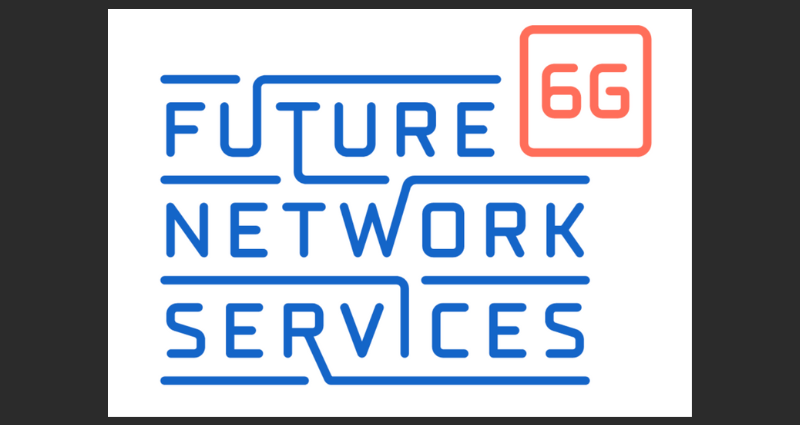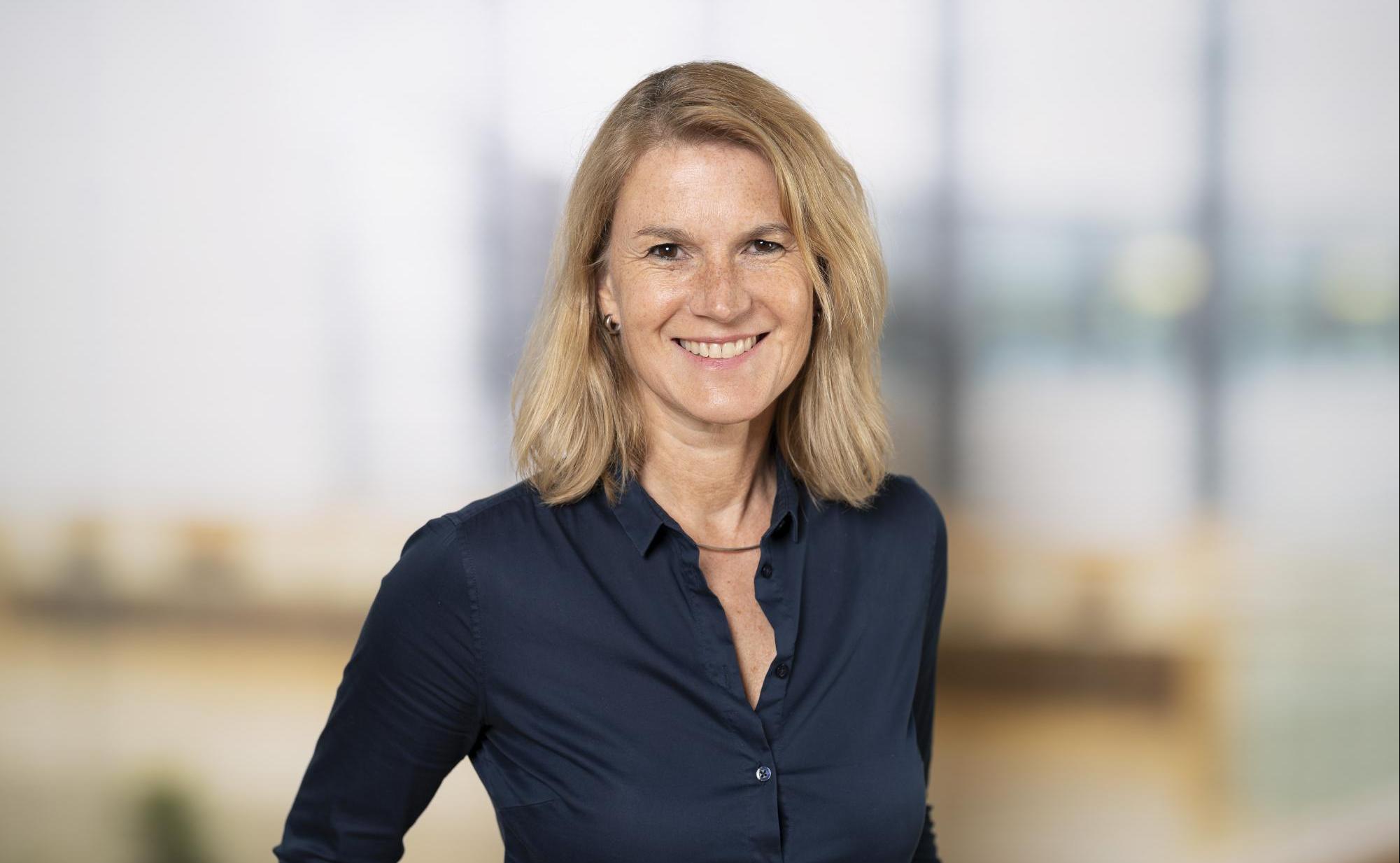By 2030, the Netherlands must be ready for 6G. That ambition is set out in the national Future Network Services (FNS) program, in which more than 65 partners are working together.

What if you could test tomorrow's network today? The Future Network Services (FNS) program, a National Growth Fund project, makes that possible. With 6G as the ultimate goal and Limburg SMEs in a key role. "It's not just about the technology, but the value you create with it," says Roy Golsteijn, business developer at LIOF.
From 5G, many companies have heard the promises, but the real impact has often failed to materialize. With 6G, the Netherlands wants to do things differently. The FNS program focuses on cooperation, early involvement of entrepreneurs and regional experiments in areas such as smart industry, mobility and agriculture.
And Limburg? Thanks to a strong ecosystem of innovative companies, campuses and fieldlabs, our province has everything it needs to play a serious role.
The promise of 6G: faster, smarter, more energy efficient
Future Network Services is a multi-year innovation program in which parties such as TNO, the three technical universities, SURF, KPN, Nokia and Ericsson are working together to make the Netherlands 6G-ready by 2030. Lenneke de Voogd, Program Lead 6G Ecosystem at TU Delft and cartel leader of program line 4 within FNS, explains:
"We are developing new generations of network technology that go far beyond what is currently possible with 5G. Think AI-driven networks, energy-efficient sensors that generate their own energy and systems that can control thousands of devices simultaneously with hardly any delay.
6G is not a simple upgrade, but a fundamental redefinition of connectivity. Its applications touch on a variety of societal challenges: from precision agriculture and autonomous transportation to smart cities, digital healthcare and circular manufacturing. In addition, 6G contributes to reliability and security in critical applications."
Joeri Jansen, business developer acquisition at Brightlands Smart Services Campus, adds:
"With 5G, we were lagging behind as a country. This time we want to do it differently. Not just push from technology, but listen to SMEs from day one: what do they need? That's where the real innovation starts."

"6G is not a simple upgrade, but a fundamental redefinition of connectivity"
Limburg as a testing ground
Just Limburg appears to be fertile ground for this. With strong sectors such as manufacturing, health tech, agrifood and -tech, and with a network of campuses and field labs, the region is ideally suited to make 6G concrete. Roy Golsteijn:
"The response to the Letters of Interest exceeded all expectations. Entrepreneurs intuitively feel that connectivity is crucial for their future, and they want to actively participate. Joeri Jansen also sees the opportunities:
"The willingness of entrepreneurs to innovate is there. What is often missing is the translation from technology to application. That is why we are building value chains here - together with companies, knowledge institutes and government - in which we bridge that gap."
That is why we are building value chains here - together with companies, knowledge institutes and government - in which we bridge that gap.
From field labs to factory: test the network of the future now
A national 6G testbed has been developed within FNS and is being implemented in a network of regional field labs across the Netherlands. In Limburg, the Brightlands Smart Services Campus in Heerlen has a 5G facility and is exploring opportunities to connect to this national test infrastructure.
Forthcoming ahead is already possible, emphasizes Laurens van der Molen of ECP | Platform for the Information Society, involved in the fieldlab coordination within FNS:
"Through the regional fieldlabs, companies can already experiment today with tomorrow's network. Well before 6G is rolled out commercially, various functionalities will become available on the testbed in the coming years. This will allow SMEs to develop their innovations in time and benefit immediately later."
For Limburg companies, there are opportunities in several areas. Think smart factories, precision agriculture, cyber security, energy management or autonomous systems. "A wireless network makes production much more flexible. You no longer have to pull cables for every sensor or robot," says Lenneke de Voogd. "Even in greenhouses or production lines where wifi or fiber optics fall short, 6G will soon be able to make a real difference."
Laurens van der Molen adds:
"The test environments are set up in such a way that entrepreneurs can easily experiment with their own ideas. Think of robots that are controlled wirelessly and in real time, greenhouses full of smart sensors or production lines that adjust automatically based on data. For these kinds of applications, 6G will soon offer the perfect infrastructure."
"We organize information sessions for SMEs, workshops and use case trajectories with companies. Not just to inform them, but to really pull together. Precisely the insights from practice are crucial to make 6G relevant for entrepreneurs," Lenneke de Voogd said."
Not waiting until 2030, but thinking along now
An important call from all involved: don't wait until 6G is a standard. Companies that think along now can help shape the program. Roy Golsteijn:
"The Letter of Interest is not an obligation, but an admission ticket. If you sign it, you are invited to help think about the technology, the challenges and the earning models. This will also give you first access to the subsidy schemes in phase two (mid-2026)."
This second phase - for which a reservation of 142 million euros is already ready - should give a strong impulse to experimenting with 6G among SMEs. With open calls, support via field labs and specific instruments such as the MIT scheme or the European Digital Innovation Hubs.
Limburg on the map
The FNS program also aims to strengthen the regional visibility of innovation. Joeri Jansen:
"Limburg may not always be the first to be mentioned, but we have SO much potential here. Think of robotics labs, mechatronics and Maastricht University developing more and more in the direction of STEM ... If we join forces, we can actually become a testing ground for the Netherlands and Europe."
If we join forces, we can actually become a testing ground for the Netherlands and Europe.
Discussions are therefore ongoing about expanding the test network to Limburg. Lenneke de Voogd:
"Formally, a 6G testbed in Limburg still falls outside the growth fund financing, but we are exploring how we can also technically link regions like this to the national testbed. Because in terms of content, an awful lot is already happening here."